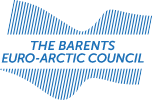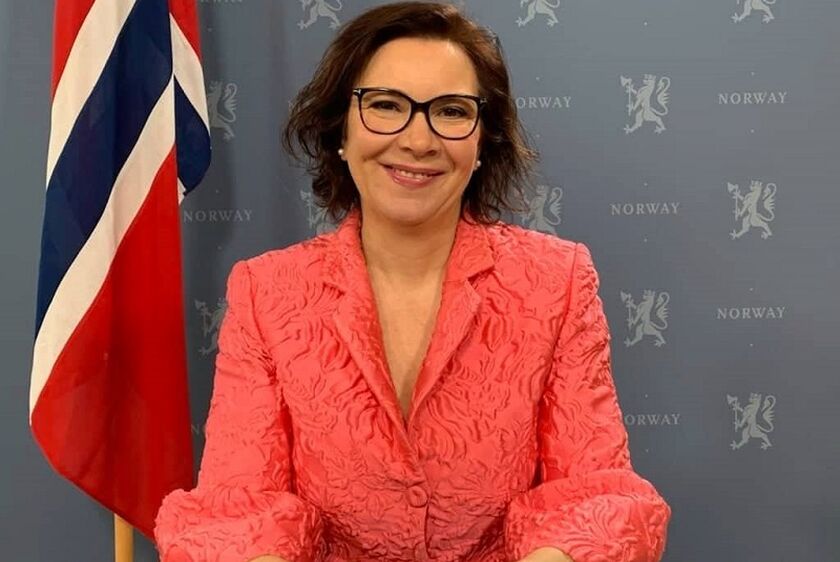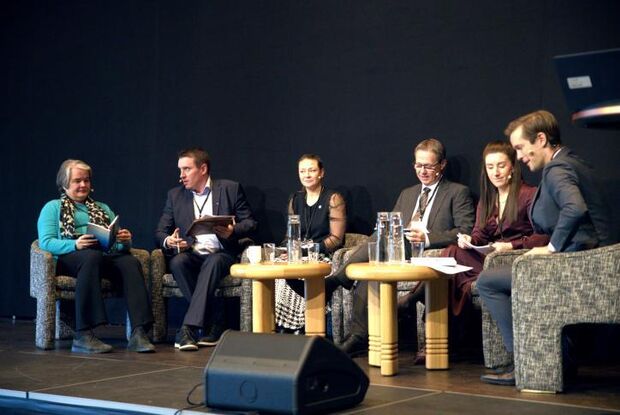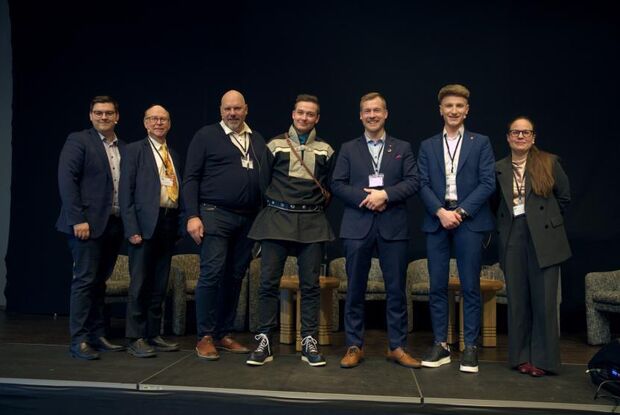My first job after I graduated from university in 2000 was to help organise Nordland County’s chairmanship of the Barents Regional Council. During those years, I helped develop the first Barents Youth Programme, so it is particularly rewarding for me to see how much youth cooperation has expanded since then.
Back then, I travelled throughout the region and got to know the people and the ongoing projects. In so doing, I gained a deep appreciation for the richness of our cooperation. It genuinely impressed me. Furthermore, in 2011-2015, I was posted to the Consulate General of Norway in Murmansk as Deputy Head of Mission. There, I witnessed the value of this cooperation for many of the people in Norway, Sweden, Finland and Russia. The cultural festival ‘Barents Bird’ is especially close to my heart because I was involved in the festival from the very beginning. As a judo practitioner, I took immense pleasure in helping to start Judo Cooperation between Murmansk and Bodø, together with my coach Rinat Nadzmutinov in Murmansk. I also find the dialogue with and among the indigenous peoples to be profoundly inspiring.
I am pleased to say that the Barents Cooperation can take pride in its many concrete results. That is not a given for all international cooperation programmes. The people-to-people approach to cooperation has created lasting friendships, and today’s young people are truly the ‘Barents generation’. Furthermore, the fact that the member countries remain so committed to the Barents Cooperation, including in times where we have differing views on other important issues, is an achievement in itself.
As chair of the CSO, I have felt the challenges of the recent pandemic keenly. However, thanks to our friendships and the ties built up over many years, we have managed to continue to strengthen the Barents Euro-Arctic Council. There is no denying that the pandemic has had serious consequences for the people-to-people cooperation. Hopefully, we will be able to fully resume our activities soon. When that time comes, I think many of those involved in projects and programmes will revert to their activities with renewed energy and motivation.
Active chairmanship period despite the pandemic
Obviously, our chairmanship did not turn out the way we had planned and hoped, but we were able to organise a normal/physical ministerial meeting on health in November 2019, followed by a high-level round table and a youth meeting in January 2020. Beginning last March, we were forced to move all our activities online. Clearly, operating in a digital landscape is different from meeting in person in Lofoten or Karasjok. I think we can sum up by saying that we did the best we could under the circumstances. We have had an active chairmanship and been able to advance the agenda and produce concrete results within our chairmanship priorities. We opted to arrange frequent digital CSO meetings and online events. I would like to extend my sincere gratitude to my CSO colleagues. I have experienced our cooperation and dialogue as extraordinary, and I have felt their staunch support, even through cyber space. We have also enjoyed close, very worthwhile cooperation with the regional chairmanship of Västerbotten.
We have enjoyed close contact with the Barents Regional Youth Council, inviting them to the table at all our events. Their presence has infinitely enriched our discussions. In this work, Norway has built on its experience from the youth panel for our White Paper on the Arctic, launched in 2020. In that connection, 50 bright young people shared their advice and recommendations with us. As a chair of the Barents Euro-Arctic Council, Norway has received positive feedback on its inclusion of young people. We are pleased that we could build on Sweden’s excellent work, as well as by the fact that Finland will continue our focus on youth.
Norway strengthened the International Barents Secretariat (IBS) by adding a new position of Adviser on Youth and Indigenous Issues, and by effecting an administrative reform to elevate the position of the secretariat in relation to the work being done by the Barents Euro-Arctic Council. We have also fortified the IBS by providing additional administrative support. All working groups now organise events through the IBS. Markus Karlsen was hired in 2020 as Head of the IBS after a thorough process. He and his staff are doing a tremendous job for the Barents Cooperation.
We are pleased to see the Working Group on Education and Research up and running, thanks to the valuable expertise being made available by the countries and regions. The high-level meeting on knowledge on 18 October is a timely reminder of the importance of the dialogue on education and research that is being shared in the Barents Region among politicians, youth, experts and knowledge institutions. We are fortunate to have strong traditions and genuine success stories to build on.
All areas of cooperation have their own inherent value and contribute to the well-being of the people in the region. Our indigenous peoples are the bearers of so much of our common history. They are truly the heart and soul of the region. Furthermore, we have recently all been reminded that health is a key topic for international cooperation, not least in the Barents Region. The update of the Barents Action Plan on Climate Change that Finland has overseen so well is obviously a most topical process. The cultural sector has suffered intensely during the pandemic, and we need to do what we can to support the Barents cultural cooperation. Transport and infrastructure represent another area that plays a crucial role for the people living in the High North. We hope that the Barents Financial Mechanism will be adopted at the Barents Euro-Arctic Council Ministerial meeting on 26 October this year and contribute to the strengthening of the cooperation in the mentioned areas.
The Committee of Senior Officials (CSO) is a cog in the locomotive that drives the Barents Cooperation, ensuring that the work of the Barents Euro-Arctic Council moves forward to accommodate and facilitate the ambitions and programmes set out by the ministers. Allow me to add what a privilege it has been to chair the experienced and knowledgeable members of the CSO during the past two years. I would like to extend my deepest gratitude to my colleagues for our very fruitful cooperation.









